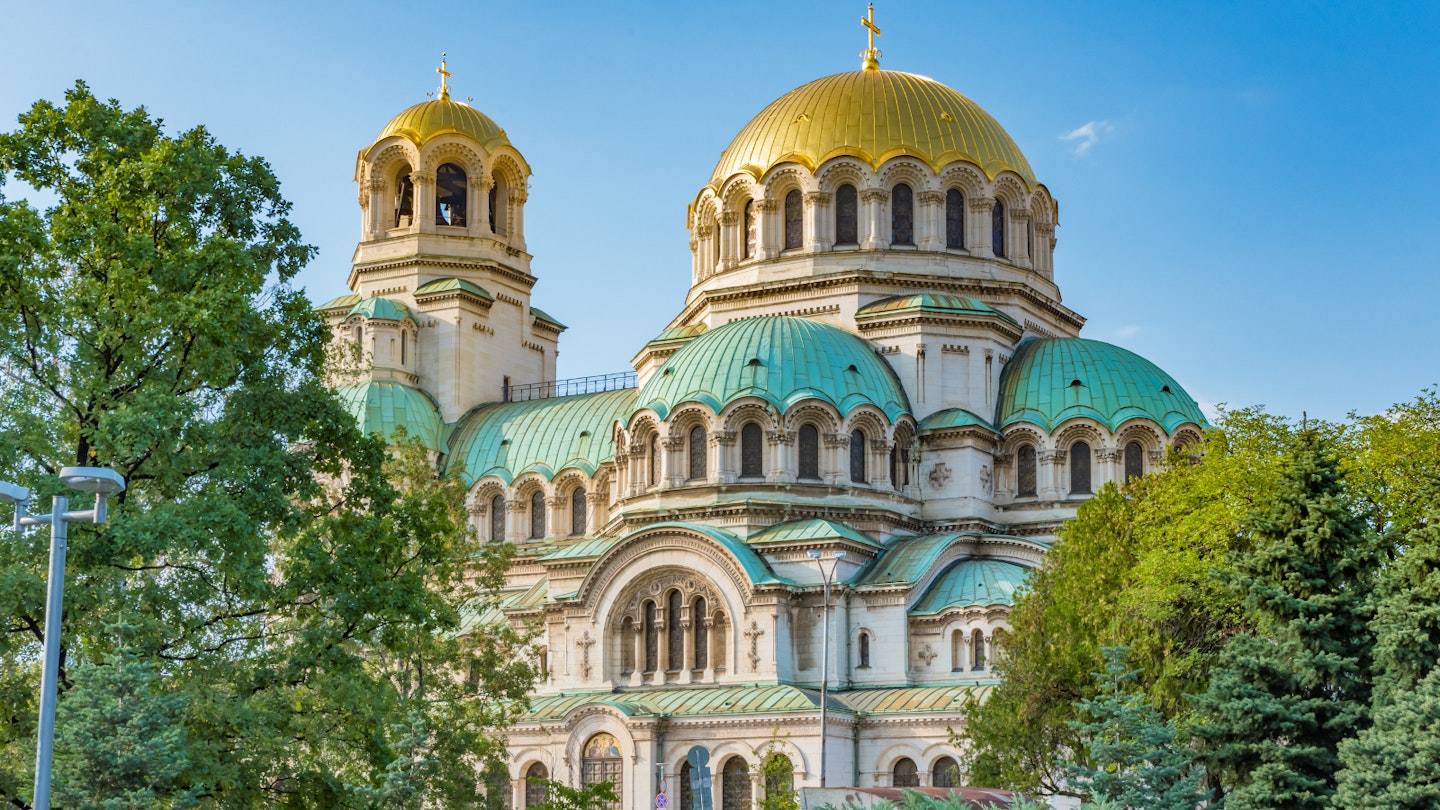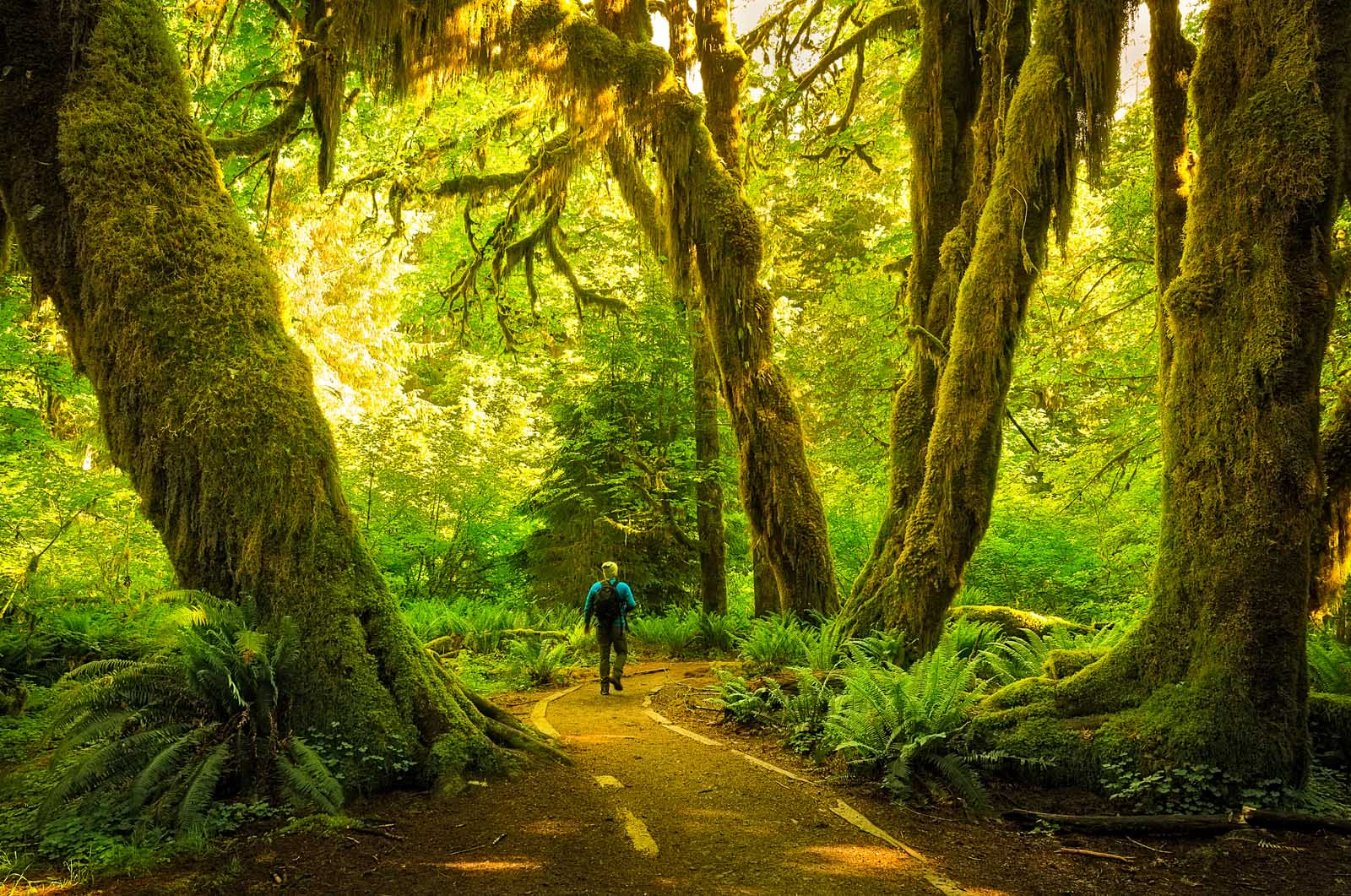Cultural Experiences to Explore in August
If the idea of crowded museums or pin-drop-quiet art galleries doesn’t float your boat, remember that cultural experiences come in all colours, shapes, and sizes – and August delivers the lot. Live like the locals in Papua New Guinea’s rainforest-clad mountains; be inspired by incredible architecture in Bulgaria’s capital; dance the tango in Buenos Aires; and roam the rich tapestry of Stockholm’s archipelago. Here are some of the best places for culture in August.

Roam Roman remains and hike the hills of Sofia, Bulgaria
The emperor Constantine loved the city of Sofia, then known as Ulpia Serdica, calling it: ‘My Rome’. It’s still lovable today, an intriguing blend of Roman basilicas, Ottoman mosques, onion-domed churches, art nouveau mansions, and Soviet monoliths.
Moreover, Sofia is a cosmopolitan place with a vibrant bar and restaurant culture; visit in August to make the most of café terraces with views south to Mt Vitosha, the city’s outdoor playground. Melding Turkish, Greek, and Balkan influences, Sofia has that East-meets-West vibe; it’s rapidly modernizing, yet still terrific value, particularly for food, from hearty banitsa (cheese pastries) to more sophisticated traditional fare. Bulgarian red wines, particularly the mavruds, can be excellent.
-
Trip plan: Sofia Airport is southeast of the city. The metro line from Terminal 2 is the quickest way to the centre, which has a range of accommodation. After exploring the city, take a minibus out to Boyana to admire the 13th-century murals in its church, then continue to Aleko to hike on Mt Vitosha.
-
Need to know: For safety and standard metered fares, always use reputable official taxis.
-
Other months: Mar–May: cool, cheaper; Jun–Aug: warm, busiest; Sep–Oct: cooler, autumn colours; Nov–Feb: winter, holiday markets.

Learn to tango in the home of the world’s sexiest dance
Nowhere else are a city and a dance so inextricably linked. Tango is, simply, the heartbeat of Buenos Aires, and the Argentine capital’s passion for both the music – exemplified by the songs of Carlos Gardel, which still waft out of many a window – and the dance never seems to diminish. The cool month of August isn’t just a wonderful time to visit BA; it also sees the city fling itself into its annual Tango Buenos Aires festival, with performances and concerts by the finest exponents.
At other times you can enjoy more or less touristy (but usually high-calibre) tango shows at various clubs and theatres, or simply watch the weekly Sunday sessions in Plaza Dorrego. However, to really feel the spirit of the dance, join a lesson at a San Telmo milonga (dance hall) and stay for the late-night free-for-all with expert Porteños afterwards, fuelled by fine Argentine red wine.
-
Trip plan: The city centre and Recoleta, Palermo, and San Telmo districts offer the best accommodation options.
-
Need to know: The action starts late in Buenos Aires – don’t expect dances to get started before midnight.
-
Other months: Apr–May & Sep–Nov: pleasant temperatures, more rain; Jun–Aug: cool but drier; Dec–Mar: hot, humid.

Island hop Sweden’s coastal capital on long summer days
Less a city, more a wooded archipelago that happens to host some important buildings, Sweden’s capital is unreasonably attractive. Never more so than in sunny August, when the sun glints on the water and the city’s many parks beckon.
Stockholm has enough cultural attractions to pack several days: from the cobbled alleys of Gamla Stan (old town) and open-air museum Skansen, to its exceptional museums and contemporary galleries, and the sleek modern shopping district of Norrmalm. Consequently, there are ample welcoming cafes and restaurants for the all-important fika (coffee and cake break). It’s easy to roam the city’s 14 main islands on foot or by bike or metro; however, the tens of thousands of other islands and rocks in the archipelago are best explored by ferry, on a boat cruise or – better yet – by kayak.
-
Trip plan: Arlanda airport is only 20 minutes from the city by express train, twice that by bus. With ample bike lanes, cycling is a great way to get around.
-
Need to know: Even in high summer, bring warm layers for evenings when temperatures can drop 10°C (18°F).
-
Other months: Mar–May: cool, cheaper; Jun–Aug: warm, busiest; Sep–Oct: cooler, autumn colours; Nov–Feb: winter, holiday markets.

Meet the tribespeople of Papua New Guinea and explore rainforest-clad mountains
Papua New Guinea is no place for the faint of heart; however, intrepid travellers can expect to find wild-eyed tribespeople sporting garish painted faces and feathered headdresses, engaging in a mass sing-and-dance-off. August is the ideal month to explore this lush, rugged land when rain is at its lowest ebb and when two major ‘sing-sings’ are held: the Sepik River Crocodile Festival in Ambunti and the famed Mount Hagen Cultural Show, both gathering dozens of tribes for a colourful bonanza of music and dance.
This is also an excellent time for hardened trekkers to tackle the 60-mile Kokoda Track and spot the courtship displays of flamboyant male birds of paradise (August to February). Alternatively, you could simply hit the beach…
-
Trip plan: Independent travel can be challenging – infrastructure is poor, and many areas are only accessible by plane or boat, so joining a guided tour is sensible. Fly into capital Port Moresby, head to Mt Hagen to meet tribespeople and search for birds of paradise, boat up the Sepik River, and explore the jagged peaks and valleys around the Tari Gap.
-
Need to know: Malaria is a problem in lower regions across the country – pack insect repellent and take precautions.
-
Other months: May–Oct: driest, busiest season; Apr & Nov: shoulder months, humid and hot; Dec–Mar: wet.
Article updated June 2019




